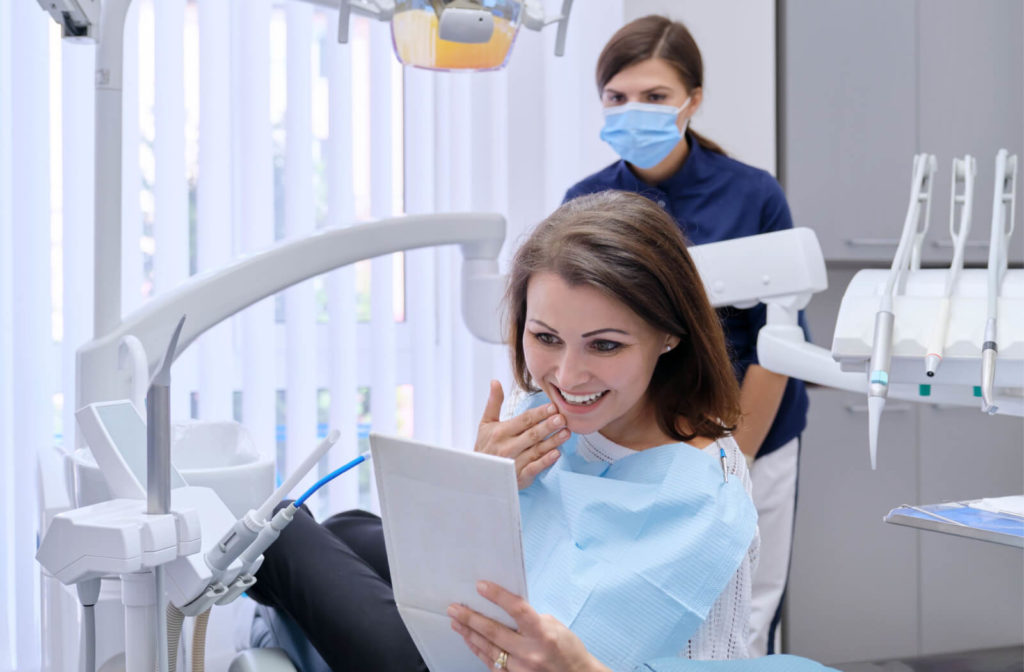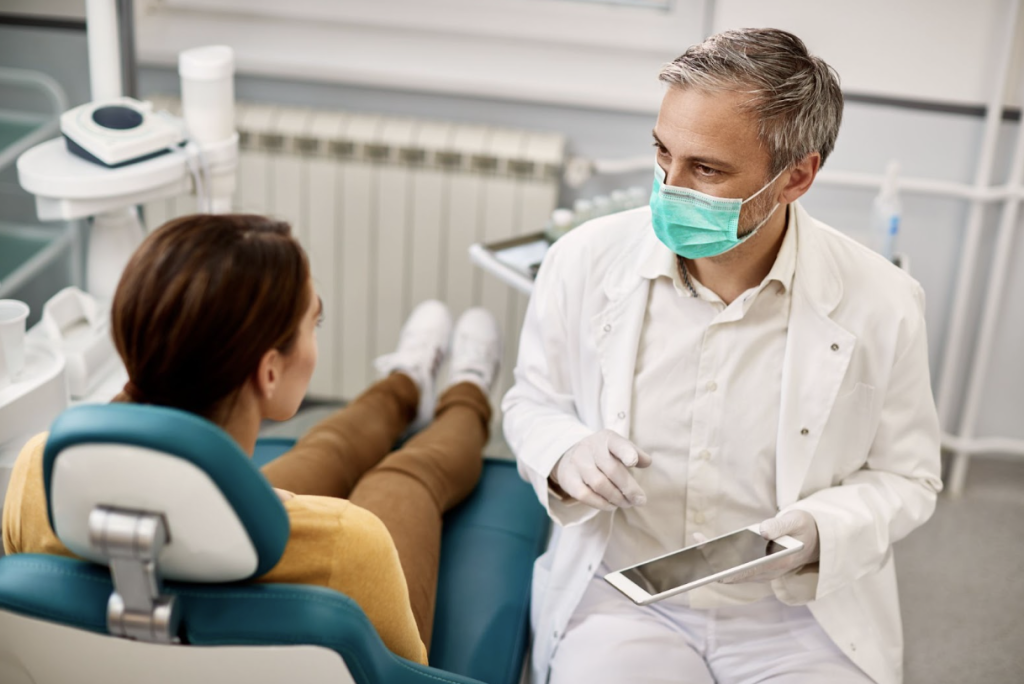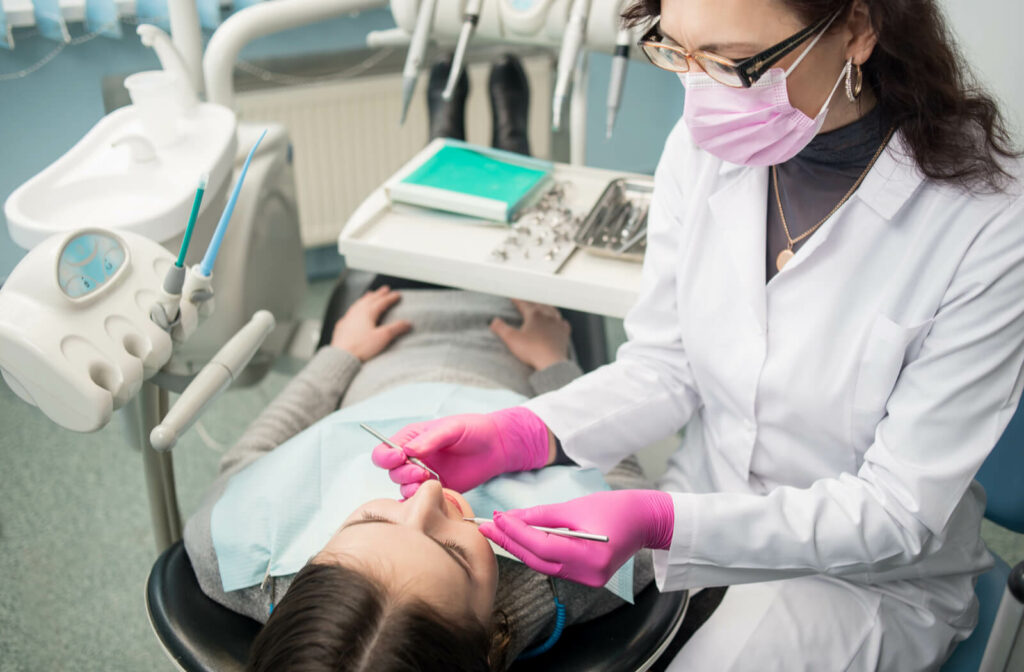- The Role of Dental Recall Exams in Maintaining Oral Health
- The Benefits of Regular Recall Exams
- Understanding the Frequency of Dental Recall Exams
- What to Expect During a Recall Exam
- The Importance of Dental X-rays in Recall Exams
- Preventive Measures and Treatments Offered During Recall Exams
- How Dental Recall Exams Contribute to Overall Well-being
- The Role of Patient Education in Dental Recall Exams
- How often should I schedule dental recall exams?
- What happens during a dental recall exam?
- Are recall exams covered by insurance?
- What if I experience dental issues between recall exams?
- Can recall exams detect systemic health issues?
Introduction
Regular dental check-ups are the cornerstone of maintaining a healthy smile throughout one’s lifetime. These recall exams go beyond addressing immediate dental concerns; they serve as proactive measures to prevent potential problems in the future. In this article, we delve into the significance of dental recall exams and their pivotal role in achieving optimal oral health. During these appointments, dentists conduct comprehensive examinations of the teeth, gums, and overall oral cavity to detect signs of decay, cavities, gum disease, and even oral cancer. Early identification of these issues enables prompt intervention, preventing further damage and costly treatments down the line. Additionally, recall exams provide a platform for patients to voice concerns and receive personalized advice on maintaining good oral hygiene practices at home. By prioritizing regular dental recall exam, individuals can mitigate the escalation of dental issues, save money in the long term, and enjoy a lifetime of healthy smiles.
The Role of Dental Recall Exams in Maintaining Oral Health
Dental recall exams are pivotal in maintaining oral health by enabling early detection and intervention of dental issues. These routine check-ups allow dentists to assess the condition of the teeth, gums, and oral structures, facilitating timely treatment and preventive measures.
If you want to book an appointment for dental recall exam in H & M Click Here!
The Benefits of Regular Recall Exams
Regular dental recall exams offer numerous benefits, including early detection of dental problems, prevention of oral diseases, maintenance of oral hygiene, and preservation of overall oral health. Additionally, these appointments provide an opportunity for patient education and personalized dental care.
Understanding the Frequency of Dental Recall Exams
The frequency of dental recall exams may vary depending on individual needs, oral health status, and risk factors. However, it is generally recommended to schedule biannual check-ups for most individuals. Patients with specific oral health concerns or conditions may require more frequent appointments as advised by their dentist. 
What to Expect During a Recall Exam
During a recall exam, dentists perform a comprehensive assessment of the oral cavity, including examinations of the teeth, gums, soft tissues, and bite alignment. They may also conduct oral cancer screenings, evaluate previous dental work, and review patient medical history to ensure holistic care.
The Importance of Dental X-rays in Recall Exams
Dental X-rays play a crucial role in dental recall exams by providing detailed images of the teeth and supporting structures that may not be visible during a visual examination alone. These radiographs aid in diagnosing dental issues such as cavities, bone loss, and impacted teeth.
Preventive Measures and Treatments Offered During Recall Exams
In addition to diagnosing dental issues, recall exams may include preventive measures and treatments such as professional dental cleanings, fluoride treatments, dental sealants, and oral hygiene instructions tailored to individual needs.
How Dental Recall Exams Contribute to Overall Well-being
Regular recall exams contribute to overall well-being by promoting oral health, preventing dental problems, and detecting systemic health issues that may manifest in the oral cavity. A healthy mouth is linked to improved overall health and quality of life. 
The Role of Patient Education in Dental Recall Exams
Patient education is an integral aspect of dental recall exams, empowering individuals to take ownership of their oral health. Dentists provide guidance on oral hygiene practices, dietary habits, and lifestyle choices that promote optimal oral health and prevent dental issues.
Emphasizing the Importance of Scheduling Regular Dental Recall Exams
In conclusion, dental recall exams are essential for maintaining a healthy smile for life. By scheduling regular check-ups, individuals can proactively address dental issues, prevent oral diseases, and preserve overall oral health. Remember to prioritize your oral health by scheduling biannual recall exams and partnering with a trusted dental provider for personalized care. 
FAQs
-
How often should I schedule dental recall exams?
- Dental recall exam frequency varies depending on individual oral health needs and risk factors. However, most individuals benefit from biannual check-ups, typically every six months. Your dentist may recommend more frequent visits if you have specific oral health concerns or conditions.
-
What happens during a dental recall exam?
- During a recall exam, your dentist conducts a thorough assessment of your oral health. This includes examining your teeth, gums, soft tissues, and bite alignment. They may also perform oral cancer screenings, review X-rays, and discuss any concerns or changes in your oral health since your last visit.
-
Are recall exams covered by insurance?
- Many dental insurance plans cover routine recall exams as part of preventive care. However, coverage may vary depending on your specific plan and provider. It’s advisable to check with your insurance company to understand your coverage and any associated costs.
-
What if I experience dental issues between recall exams?
- If you experience dental issues or concerns between recall exams, it’s essential to contact your dentist promptly. They can assess the problem, provide appropriate treatment, and determine if an additional appointment is necessary. Early intervention can prevent issues from worsening and requiring more extensive treatment.
-
Can recall exams detect systemic health issues?
- Yes, recall exams can sometimes detect signs of systemic health issues that manifest in the oral cavity. Conditions such as diabetes, osteoporosis, and cardiovascular disease may present oral symptoms that dentists can identify during an exam. However, while dental exams can provide valuable insights, they are not a substitute for regular medical check-ups with a healthcare provide.
_______________________________________________
For more information contact our consultors on our website.
amir
Stay in the loop


